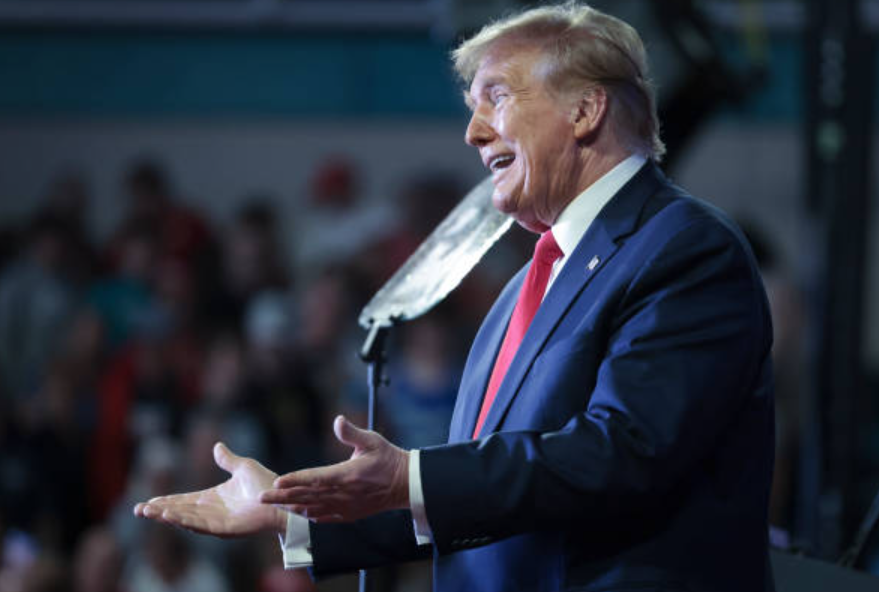Former President Donald Trump sparked controversy by suggesting support for Russian aggression against NATO countries not meeting defense spending targets.
Speaking at a rally in South Carolina, Trump recounted a conversation with the leader of a “big country” who asked about protection from Russia. Trump’s response indicated that if NATO members didn’t pay their fair share, he wouldn’t defend them and would even encourage Russian actions.
This statement comes amidst heightened tensions as Russian President Vladimir Putin continues the war in Ukraine, prompting concerns that Russia may target other NATO nations.
The North Atlantic Treaty Organization, established in 1949 to counter Soviet aggression, operates under the principle of collective defense, as outlined in Article 5. Trump’s contentious relationship with NATO is not new, as he frequently criticized member states for insufficient defense spending during his presidency.
Trump’s Political Maneuvering

President Joe Biden, on the other hand, has highlighted American dedication to the alliance, as evidenced by the recent signing of a $886 billion defense package that forbids the US from leaving NATO unilaterally.
The White House condemned Trump’s remarks, labeling them appalling and unhinged. They reaffirmed Biden’s dedication to bolstering American leadership and national security interests.
Despite Trump’s rhetoric, many NATO countries have increased military spending in response to Russian aggression. However, concerns persist about the pace of rearmament by Russia, with warnings that an attack on a NATO country could occur within the next three to five years.
Beyond the NATO controversy, Trump also celebrated the failure of a bipartisan border deal and faced scrutiny for holding up military aid to Ukraine. His ambiguous stance on Russian aggression raises concerns globally, particularly in Ukraine and among European allies, about the potential consequences of another Trump presidency.
Experts speculate whether Trump’s actions signal a shift towards abandoning Europe in favor of closer ties with Russia. Regardless, the implications of such rhetoric on global stability and security remain a cause for concern among policymakers and analysts alike.


Comments are closed.